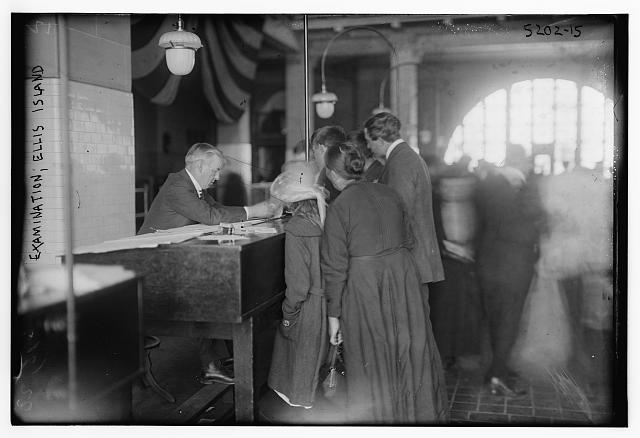Ego-dokumenter fra migranter i fokus
De siste årene har interessen for engelsk-språklige migranters korrespondanse tiltatt blant lingvister med fokus på språkhistorie. Emigrasjon fra hovedsakelig engelsk-språklige land på syttenhundre og åttenhundre tallet var ofte motivert ut fra et behov for bedre levevilkår og et ønske om å forbedre barnas fremtidsperspektiv. Vanligvis var ikke livene til migrantene før emigrasjonen preget av omfattende skolegang slik at tekstene deres – brev og dagbøker som skildrer reisen og livet i det nye landet, som så ble sendt til hjemlandet – ikke nødvendigvis samsvarer med datidens normer og rettskriving. Nettopp av denne grunnen er migranters skriftlige nedtegnelser svært relevante for språkvitere som vil bidra til en språkhistorie ‘nedenfra.’
I boka Keeping in touch. Emigrant letters across the English-speaking world (2019) fremhever Hickey at “the search for emigrant letters [is] like panning for gold: one trawls through large quantities of linguistically irrelevant data in the hope that one might – unexpectedly – come across the odd nugget which makes the work worthwhile” (Hickey, 2019, p.11). Det er nettopp idéen om at det finnes verdiful informasjon gjemt i migranters korrespondanse, lik gullklumper i et elveleie, som vil bli utforsket i dette seminaret. Når vi følger Hickeys metafor videre, vil vi se at språkvitere må lete gjennom store mengder av materiale før han eller hun iblant treffer på en gullåre. I dette seminaret vil fire lingvister granske både muligheter og utfordringer ved å jobbe med slikt variert materiale fra perioden senere moderne engelsk.
Dette seminaret er rettet mot unge forskere, særlig PhD stipendiater innenfor engelsk lingvistikk, men alle med sterk interesse for forsking på ego-dokumenter fra migranter eller senere moderne engelsk er hjertelig velkommen.
Det er ingen deltakeravgift.
Institutt for Litteratur, Områdestudier og Europeiske Språk ved Universitetet i Oslo er vertskap. Arrangementskomitéen består av Stipendiat Nora Dörnbrack og førsteamanuensis Jacob Thaisen. Seminaret blir finansert med midler fra Anders Jahre fondet.
Program
Seminaret vil finne sted mandag, 10. mai 2021. Tidspunktene er angitt i UTC+2 (Oslo).
|
9.15 |
Opening of the masterclass |
Session I: Migrant Ego-Documents in TheoryChair: Jacob Thaisen |
|
|
9.15-10.15 |
Examining ‘Bad Data’: Ego Documents in the History of English
|
|
10.15-10.30 |
Coffee/Tea Break |
|
10.30-11.30 |
Historical sociolinguistic and heritage linguistic perspectives on ego-documents
|
|
11.30-12.00 |
Discussion – Session I |
|
12.00-14.00 |
Lunch Break |
Session II: Migrant Ego-Documents in PracticeChair: Anita Auer |
|
|
14.00-15.00 |
“And me at the age that I am”: Scotticisms in Emigrants’ Letters
|
|
15.00-15.15 |
Coffee/Tea Break |
|
15.15-16.15 |
‘A beginning and an end of it’. The transition from eighteenth to nineteenth century English as represented in ego-documents from the foundation of the penal colony of New South Wales’.
|
|
16.15-16.45 |
Discussion – Session II |
| 16.45 | Closing remarks |
Påmelding
Påmelding er stengt.
Kontakt
Har du spørsmål eller kommentarer kan du sende en epost til:
Nora Dörnbrack: nora.dornbrack@ilos.uio.no
Jacob Thaisen: jacob.thaisen@ilos.uio.no
